With its breathtaking scenery, fascinating history and hospitable people, Italy attracts many foreigners looking for Property Investment opportunities
In fact, according to the Italian National Statistics Institute, home ownership in Italy is relatively high, with more than 70% of people owning their homes.
This is attributed to several factors, including cultural traditions and government policies designed to encourage them to own.
However, navigating the complexities of buying property in a foreign country can be difficult, especially when it comes to the legal framework and regulations involved.
That's why this guide is here to help!
We'll explain how the property market works in Italy in a simple and straightforward way, providing you with all the information you need.
As a foreigner, can you buy and own a real estate property in Italy?
Absolutely! Foreigners are indeed allowed to buy property in Italy.
In fact, with around 5.2 million foreign property owners, Italy has a reputation for being friendly to foreigners.
The country's attractiveness and popularity among international buyers has been enhanced by its openness to foreign investment and ownership.
And yes, foreigners are allowed to buy various types of property in Italy, including houses, commercial and residential properties, as well as land.
You are also entitled to rent it out and sell it at a later date.
Although almost anyone can buy a property in Italy, the process is not the same for everyone. We will make it clear for you.
Also note that in order to complete the purchase, it is necessary to obtain an Italian tax number.
This applies to everyone.
If you are resident in Italy
Foreigners, regardless of how long they have lived in the country, can buy property in Italy.
In order to be eligible, your residence permit must have been issued for one of these reasons:
- Employment or self-employment;
- Owning a business;
- Family reasons;
- Studying.
Of course, the members of your family will also need to have a residence permit.
However, if you are a refugee or if you are a stateless person, you must have been living in Italy for at least 3 years.
If you are not a resident of Italy
You are a citizen of the EU
If you are a citizen of a European Union (EU) or European Economic Area (EEA) country (basically Iceland, Liechtenstein or Norway), you can buy property in Italy without any special restrictions.
The procedure for buying a property in Italy is the same as it is for buying a property as an Italian citizen.
You are a non-EU national
Foreigners who are not EU or EEA citizens can buy property in Italy if there is an international treaty that allows Italian citizens to buy property in the foreigner's home country.
What this means is that there has to be a reciprocal agreement between the two countries.
For example, American citizens are allowed to buy property in Italy because there is an agreement between the two countries.
It's the same for British citizens.
You can check the existence of such a treaty on the website of the Ministry of Foreign Affairs.
In addition, the Italian embassies or consulates in your country of residence may be able to assist you by providing information on the specific provisions of the treaty between Italy and your country of residence concerning the ownership of real estate.
This rule is very clear and strict. In fact, Italian notaries are prohibited from drawing up any type of contract for the purchase of real estate if the parties are citizens of countries that do not have a reciprocal agreement in place.
Can you get a residence permit with the purchase and ownership of a property?
Foreigners wishing to reside in Italy must obtain a residence permit (permesso di soggiorno), which entitles them to live in the country.
An important consideration for immigrants is whether the purchase of a property in Italy will be an advantage in the application process for a residence permit.
Unfortunately, property ownership alone is not currently a prerequisite for the granting of a residence permit in Italy.
To obtain an Italian residence permit, you can explore different VISA options, choose the most suitable one for your situation and then apply for permanent residence using the standard procedures.
Buy or rent property in Italy?
Renting in Italy is recommended if you prefer flexibility, have a limited budget or are unsure of your long-term plans, while buying is more suitable for those seeking stability, customisation, potential rental income.
Why renting may be your best bet
You're better off renting an Italian property if:
- You are unsure about your long-term plans or the area in which you wish to settle;
- You prefer to avoid the costs and responsibilities of maintaining a property;
- You have a limited budget and want to avoid high upfront costs;
- You want the flexibility to move to different regions or cities within Italy;
- You want to avoid potential fluctuations in property values;
- You want to avoid the complexities of the Italian property market;
- You prefer to invest your money in other opportunities or assets;
- You want to avoid the legal and bureaucratic processes involved in buying a property;
- You are unsure about the stability of your personal or professional circumstances;
- You want to test living in Italy before committing to a long-term investment.
Why buying may be your best option
But it's definitely better to buy a property in Italy if:
- You are planning to take up permanent residence in Italy;
- You have a stable financial situation and can make a substantial investment;
- You want to customise and personalise your home;
- You want to take advantage of the potential appreciation in the Italian property market;
- You are looking for a potential source of rental income;
- You value stability and want to avoid rising rental costs;
- You want to secure a fixed housing cost over time;
- You want to build equity and have a tangible asset in Italy;
- You have a strong attachment to a particular area or community in Italy;
- You want to take advantage of Italy's favourable mortgage rates.
Financial issues
Understanding rental yields can help if you're unsure whether to buy or rent a property in Italy.
Rental yield is the percentage of income you can expect to make from renting out a property compared to the total cost of the property.
In Italy, rental yields are typically in the range of 2.5 % to 5.5 %.
It depends on you then.
If you can find a way of earning more than 5.5% on your capital, such as trading shares or buying government bonds, it would be better to pay rent and use your capital for these purposes.
However, if you are unable to achieve such returns, it would be better to use your capital to buy a house in Italy and eliminate the need to pay rent.
How is the Italian property market?
Market information
First and foremost, Italy has a reputation for being a stable country, a magnet for sustainable development and investor confidence.
According to the GDP per capita indicator, Italians have become 28.9% richer over the last 5 years.
If people have more money, there is a tendency for them to buy more property, which can lead to higher prices in the future.
If we look at the data reported by Numbeo, we can see that rental properties in Italy are offering gross rental yields of between 2.6 per cent and 5.3 per cent.
These moderate rental yields suggest a balanced return for those wishing to own or invest in property.
With limited market activity and modest increases in property values, the Italian housing market is also showing signs of stagnation.
Then it might be a good time to buy a property.
Prices are stable and there is not too much movement.
Finally, Italy is expected to experience moderate inflation, with an average annual increase of 2.5% over the next five years.
House prices are expected to rise.
How much does it cost to buy a property in Italy?
As a general range, property prices in popular cities such as Rome, Milan and Florence can start from around €200,000 for apartments, while luxury or waterfront properties in Venice can range from €400,000 to €800,000 and above.
In order to provide you with a clearer understanding of the situation, here is a more detailed table for you:
|
City |
Budget (EUR) |
What you will get |
| Rome | €200,000 - €400,000 | Apartments in historic buildings near the city center |
| Milan | €350,000 - €700,000 | Modern luxury condos with city skyline views |
| Florence | €250,000 - €500,000 | Renovated historic townhouses with Tuscan charm |
| Venice | €400,000 - €800,000 | Waterfront apartments with canal views |
| Naples | €120,000 - €300,000 | Spacious apartments with a balcony overlooking the sea |
| Turin | €150,000 - €350,000 | Cozy apartments in charming neighborhoods |
| Bologna | €250,000 - €500,000 | Elegant apartments in the historic city center |
| Verona | €200,000 - €400,000 | Quaint houses with beautiful views of the Adige River |
| Genoa | €180,000 - €400,000 | Apartments with balconies offering stunning sea vistas |
| Palermo | €100,000 - €250,000 | Bright apartments in vibrant neighborhoods |
Living as an expat
Living and working in Italy can be an enjoyable and enriching experience.
Italy is an attractive destination for many people because of its rich culture, history and stunning scenery.
Here is a look at some of the different aspects of life as an expat in Italy.
Integrating with the locals
Italians are generally warm, friendly and welcoming to expats and foreigners.
Your efforts to learn the Italian language and adopt local customs and traditions will largely determine your integration.
According to the most recent estimates, a little more than a third of Italians are able to speak English.
Even within this group, a considerable proportion can only communicate in very basic English.
The use of Italian will then greatly enhance your interactions and allow you to have a deeper connection with the locals.
Education
For expat families, Italy offers a wide range of educational opportunities.
The country has excellent international schools in major cities such as Rome, Milan and Florence, offering quality education with a variety of curricula.
The Bocconi University in Milan, for example, consistently achieves high rankings among universities around the world.
State schools are also an option, but Italian is usually a prerequisite for enrolment.
Safety
Italy is generally considered a safe country to visit and live in.
While petty theft and pickpocketing can occur, especially in crowded tourist areas or on public transport, taking common sense precautions such as securing your belongings and being aware of your surroundings can minimise these risks.
Violent crime is relatively rare and the overall crime rate is moderate.
It's advisable to obey local laws, respect cultural customs and keep up to date with travel advisories, especially in larger cities where some areas may have higher crime rates.
Healthcare
Italy has a well-developed healthcare system that provides universal coverage to all those who live in Italy, including those living abroad.
The system is made up of both public and private health care facilities.
Public healthcare is generally of good quality but can be bureaucratic and wait times can be long.
Private healthcare is also available, offering quicker access and broader services.
Also, it's advisable to have comprehensive health insurance to cover any medical expenses.
Cost of living in Italy
Depending on the region, the cost of living in Italy varies.
Major cities such as Rome and Milan tend to be more expensive, while smaller towns and cities and rural areas can offer a more affordable way of life.
Accommodation, transport and eating out can be a significant expense, but Italy also offers plenty of opportunities to enjoy affordable cultural activities and local cuisine.
Here are a few to help you start to understand how this works:
- A weekly shopping bill for a family of four can average around €150;
- Monthly public transport passes in major cities can cost around €35-50;
- A meal for two in a mid-range restaurant can cost around €50-70;
- Monthly bills for electricity, water and heating can cost between €150 and €200;
- Basic health insurance for an individual can cost around €150-200 per month;
- Annual tuition fees for a public university programme can range from €1,000 to €4,000;
- Going to the cinema can cost around €8-10 per ticket, while a concert ticket can vary from €30-100.
Cultural experience
The cultural experience of living in Italy is unparalleled.
You'll have the chance to immerse yourself in the vibrant art scene, historic sites and culinary delicacies.
You may already know this, but Italians have a deep appreciation of their heritage and enjoy sharing it with others, making it easier for expats to participate in local festivals, events and traditions.
What are some of the best places to buy a property in Italy?
It really does depend on you!
If you're looking for a historic and picturesque location, consider buying a property in the charming city of Florence, famous for its Renaissance art and cultural riches.
If you're looking for a coastal retreat, explore the options on the stunning Amalfi Coast, where beautiful cliffs, azure waters and the Mediterranean way of life await.
If you are looking for a tranquil rural escape, Tuscany offers idyllic landscapes, vineyards and picturesque villages that make it an attractive choice for property investment.
If you're interested in a bustling urban environment, consider buying property in Rome, Italy's vibrant capital, where ancient landmarks and modern amenities come together.
If you're a fan of beautiful lakeside locations, explore the property market around Lake Como, which offers breathtaking views and upmarket living in northern Italy.
Some of the best places to buy property in Italy are also summarised in this table.
|
City / Region |
Population |
Average Price per sqm (EUR) |
Strengths |
| Rome | ≈ 2.8 million | 4,000 - 8,000 | Capital city, historical landmarks, cultural treasures, vibrant atmosphere |
| Milan | ≈ 1.4 million | 5,000 - 10,000 | Financial and fashion capital, thriving business hub, cultural scene |
| Florence | ≈ 380,000 | 4,000 - 8,000 | Artistic and architectural masterpiece, UNESCO World Heritage Site |
| Venice | ≈ 260,000 | 5,000 - 10,000 | Canal city, romantic atmosphere, historic landmarks, cultural events |
| Naples | ≈ 950,000 | 2,000 - 4,000 | Historical city, culinary delights, vibrant street life, nearby Pompeii |
| Verona | ≈ 260,000 | 3,000 - 6,000 | Shakespeare's setting for Romeo and Juliet, Roman amphitheater |
| Bologna | ≈ 400,000 | 3,000 - 6,000 | University town, rich gastronomy, cultural heritage, vibrant markets |
Do you need a lawyer for the purchase of a property in Italy?
When buying property in Italy, a local solicitor can be an invaluable asset in guiding you through the legal aspects of the purchase and ensuring a smooth process.
One important document they can help with is the 'Contratto di Vendita', which is the official deed of sale between the buyer and seller, usually signed in the presence of a notary.
The Italian lawyer can also help you to obtain the "Codice Fiscale", a tax identification number required for non-residents wishing to buy property in Italy.
They can also ensure that there are no legal encumbrances or disputes affecting the property, and can assist with title and registration checks.
They will ensure that all the necessary taxes, such as 'Imposta di Registro' (registration tax), 'Imposta ipotecaria' (mortgage tax) and 'Imposta catastale' (cadastral tax) are paid correctly, and will advise you on other fees and costs associated with the purchase.
Navigating the legal aspects of buying property in Italy can be complex, so having a knowledgeable local solicitor on your side can provide valuable assistance and peace of mind throughout the process.
Buying property in Italy – what are the risks?
To help you understand the risks associated with buying property in Italy, we've put together a list.
Restrictive Property Regulations in Historical Areas
There are strict regulations for properties in historic areas, and Italy is renowned for its rich historical heritage.
The aim of these regulations is the preservation of the cultural and architectural integrity of these regions.
Before you buy, make sure you understand the restrictions, permits and renovation guidelines that apply to properties in historic areas.
Dynamics of the local property market
Italy's property market can vary significantly between regions, cities, and even neighbourhoods.
Research and understand the dynamics of the local property market in the specific area where you intend to buy.
The long-term viability and potential return on your investment can be affected by factors such as market trends, property prices and rental demand.
Italian red tape and administrative procedures
Italy has a reputation for being a bureaucratic and complex place to do business.
Navigate the paperwork required for property transactions and be prepared for potential delays.
To streamline the process, work with professionals who have experience of the Italian system, such as Xerendipity Real Estate Property Management.
Tax on real estate and additional costs
Understand the Italian property tax system and the additional costs associated with owning a property in Italy.
These include the tax on the transfer of property, the annual property tax (Imposta Municipale Unica) and other taxes.
Include these costs in your budgeting and financial planning to ensure you have a full understanding of the financial implications of owning property in Italy.
Risks from seismic activity and natural catastrophes
Italy is located in a seismically active region and experiences earthquakes.
Assess the property's vulnerability to seismic activity and consider appropriate measures, such as seismic retrofitting or insurance coverage, to mitigate potential risks and protect your investment.
Italian language and Italian contracts
Knowledge of the Italian language is an advantage when dealing with Real Estate transactions in Italy.
A good understanding of the language is useful as many contracts and legal documents are written in Italian.
To ensure clear communication and understanding of the terms of the contract, consider working with a trusted interpreter or bilingual professional.
Cultural adaptation and local customs and practices
Adapting to a new culture and local customs is part of moving to Italy.
To help you integrate into the local community, familiarise yourself with Italian customs, etiquette and social norms.
To promote positive relationships and a smooth transition to Italian life, respect cultural traditions and engage with the community.
What documents are required to buy or sell real estate in Italy?
The following documents are required when buying property in Italy:
- Sale and Purchase Agreement;
- Title deeds;
- Cadastral documents;
- Building permits;
- Energy certificate.
How do you do business effectively with people from Italy?
Italians have a strong emphasis on personal relationships, which is an important consideration in property purchase negotiations in the country.
To start negotiating, it is advisable to get to know the seller or his representative and build up a personal relationship.
Take the time to engage in casual conversation and show genuine interest in their culture and background.
This will help create a friendly and trusting atmosphere.
Prior to any negotiations, you should do thorough research into the local property market in the specific region of Italy where you are buying.
Familiarise yourself with average property prices, recent sales and any local factors that may affect the property's value.
When negotiating, be prepared to compromise and show flexibility.
This shows that you are willing to reach an agreement that benefits both sides.
Italians like to negotiate with courtesy and friendliness.
Remain respectful and friendly throughout discussions, as this contributes to positive and constructive dialogue.
Can foreigners obtain bank loans in Italy?
It is possible for foreigners to obtain property loans in Italy, but the eligibility criteria and requirements vary depending on the lender and the terms of the loan.
If you're a foreigner looking for a property loan in Italy, you'll usually need a valid residence permit, proof of income or employment and meet the lender's specific requirements.
Banks in Italy known to consider mortgage applications from foreigners include Intesa Sanpaolo, UniCredit and Monte dei Paschi di Siena.
In addition, mortgage rates in Italy for a 20-year term range from 0% to 4%, which is considered favourable and provides borrowers with attractive financing options.
What kind of taxes are there in connection with a real estate transaction in Italy?
Here is a breakdown of the taxes that are associated with a Real Estate transaction in Italy.
|
Tax |
Description |
Calculation |
Who pays |
| Rental Income Tax | Tax on rental income generated from the property | 23% to 43% of gross rental income | Owner |
| Registration Tax | Tax on the transfer of an old property | 3% to 7% depending on the status of the property and the buyer | Buyer |
| Value Added Tax (VAT) | Tax on the sale of new residential properties | Between 4% and 22% of the property value, depending on its status | Buyer |
| Capital Gains Tax | Tax on the capital gain on the sale of a property held for less than five years | 20% on the net capital gain (the difference between sale price and acquisition cost) | Seller |
| Property tax (IMU) | Local property taxes imposed by the municipality | Varies from 0.4% to 0.7% of the cadastral value of the property, depending on its location and type | Owner |
What fees are involved in buying or selling in Italy?
The following is a simple breakdown of the fees involved in a Real Estate transaction in Italy.
|
Fee |
Description |
Calculation |
Who pays |
| Land Registry Fee | Fee for registering the property transfer with the Land Registry | 1% of the value of the property | Buyer |
| Legal Fee | Fee for legal services related to the property transfer | Usually around 1% to 2% of the declared price of the property | Buyer |
| Notary Fee | Fee for notarizing the property transfer documents | Ranges from 1% to 2.5% depending on the property value, complexity of the transaction and the notary's fees | Buyer |
| Real Estate Agent Fee | Fee charged by real estate agents for their services | Between 3% and 8% of the property sale price, shared between the buyer and seller | Seller and Buyer |

Francesco De Biase
Chairman BoD & C.E.O.


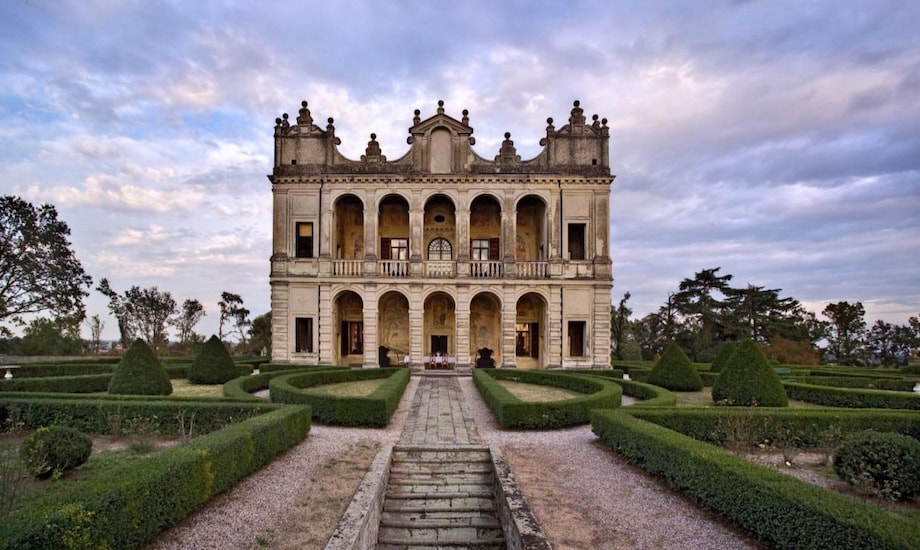
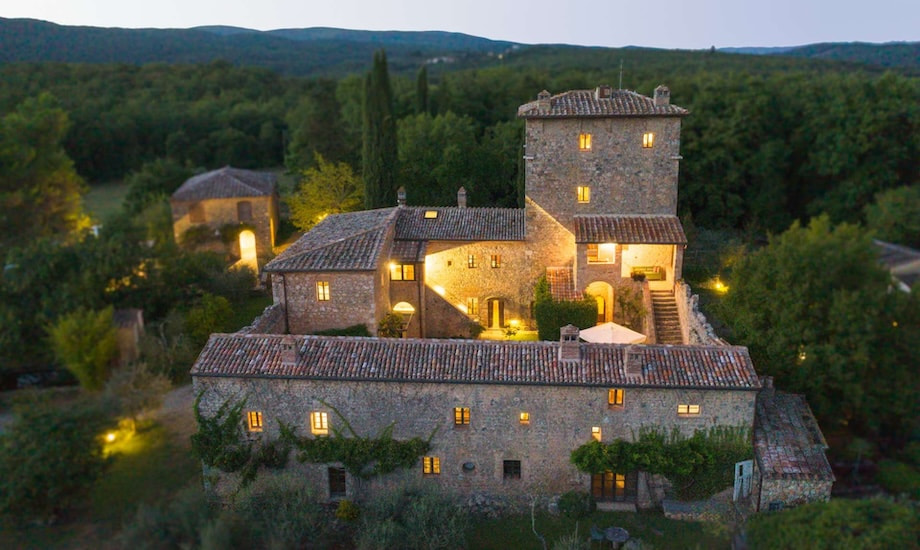
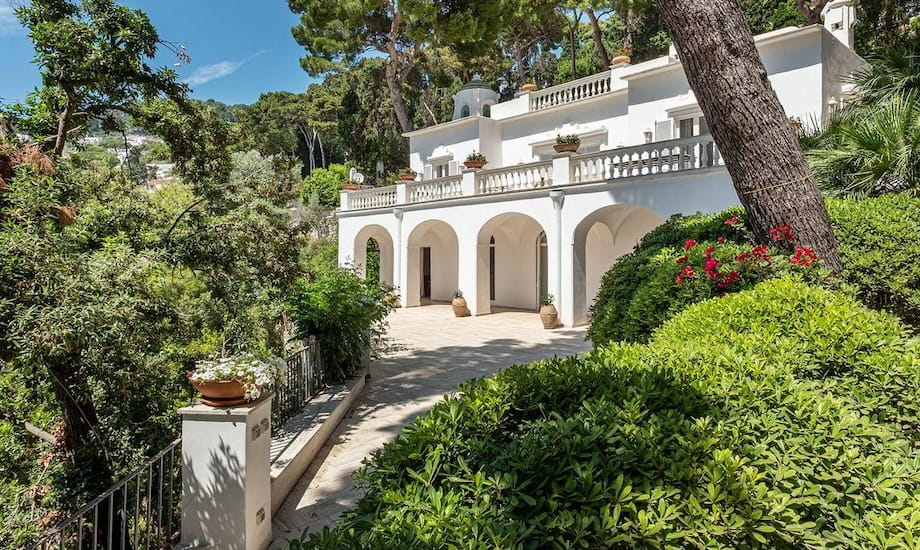
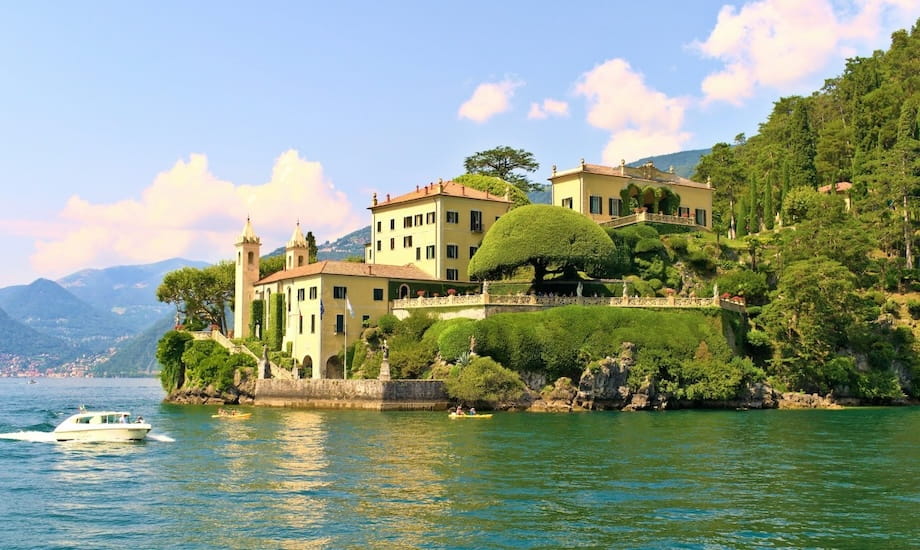
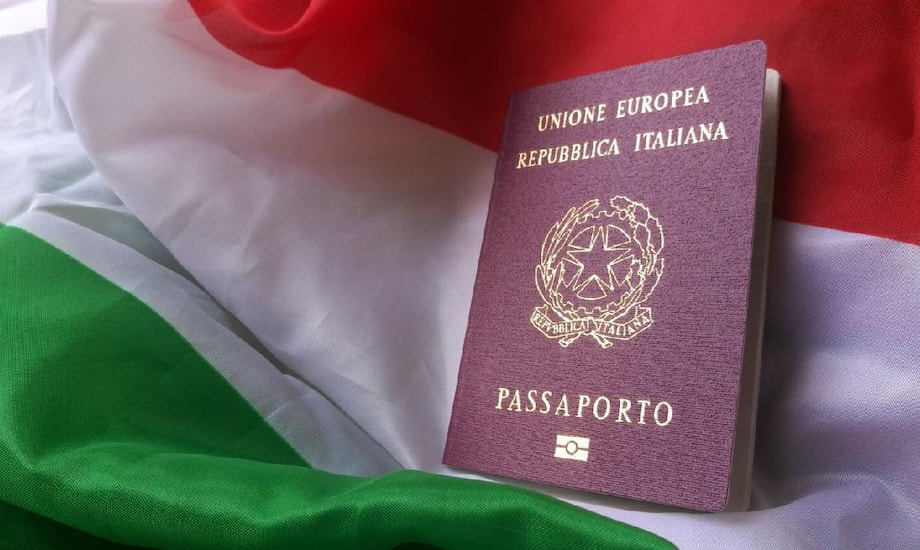
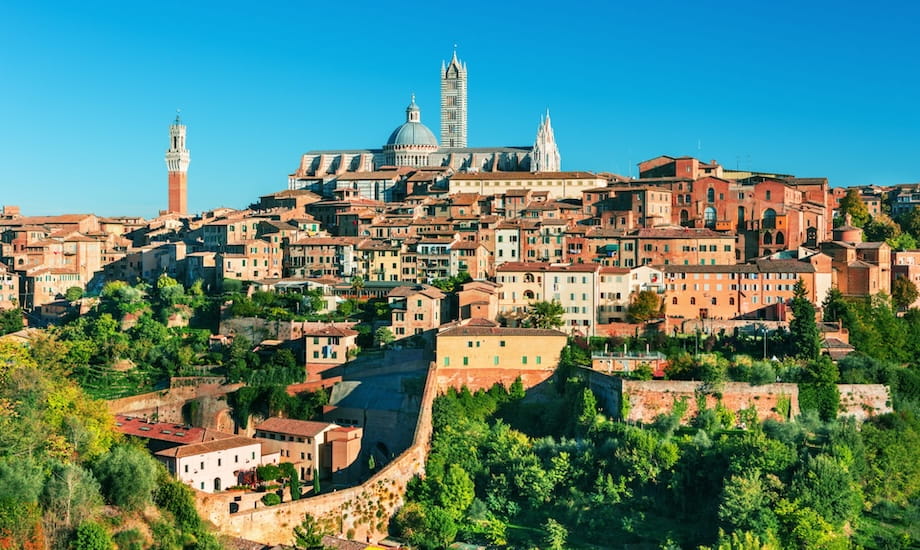
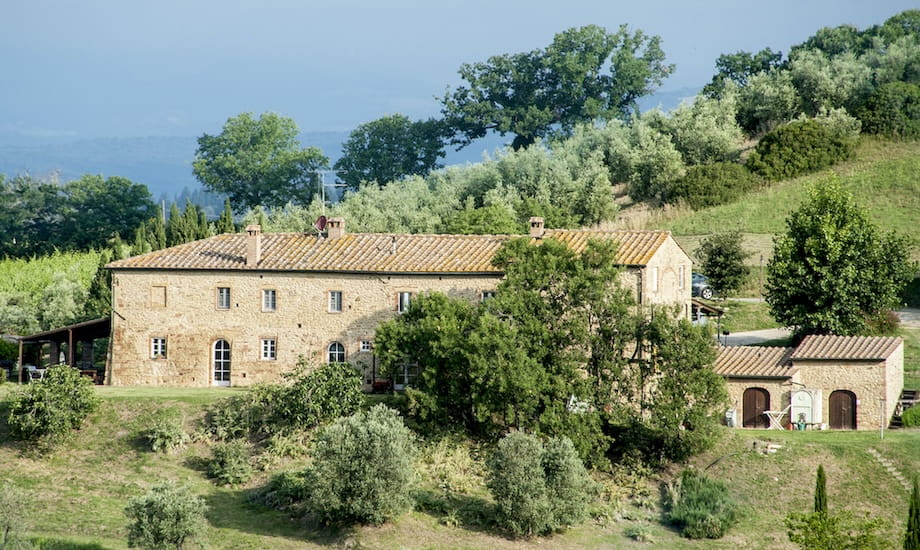
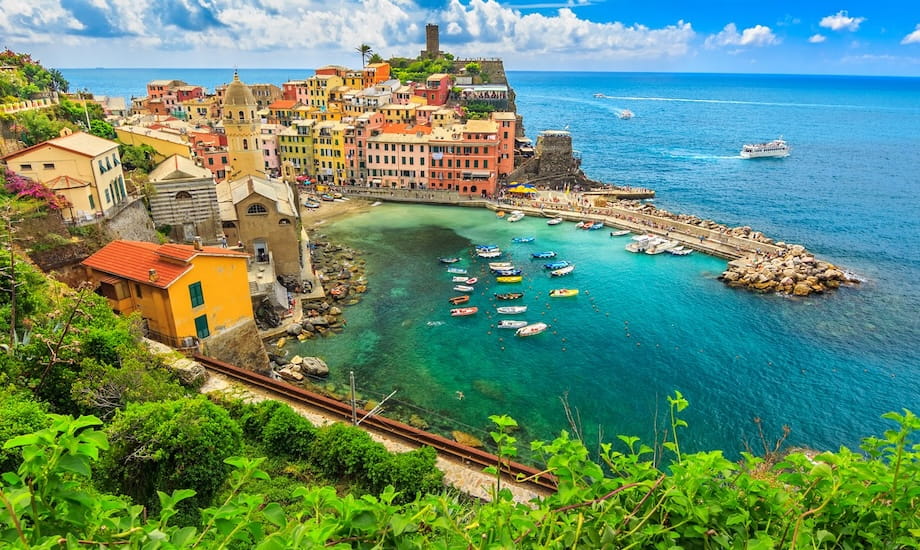

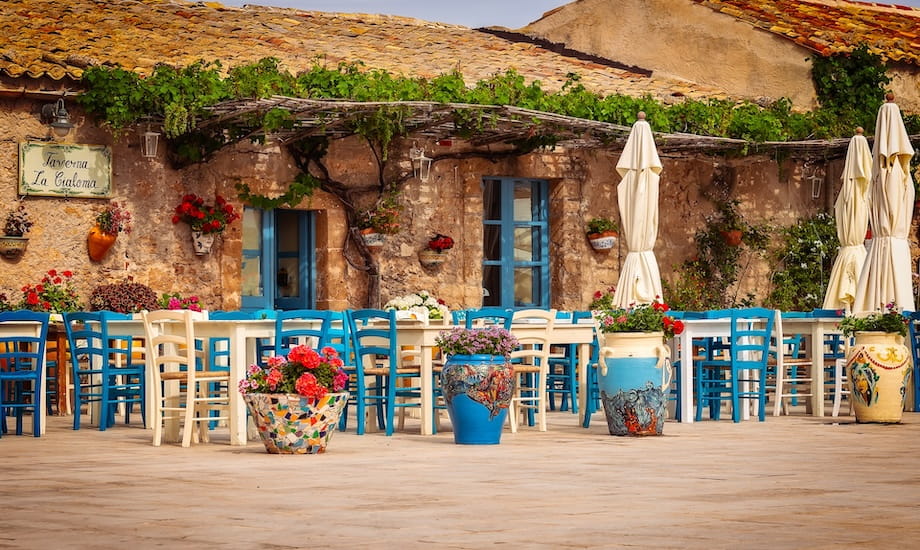
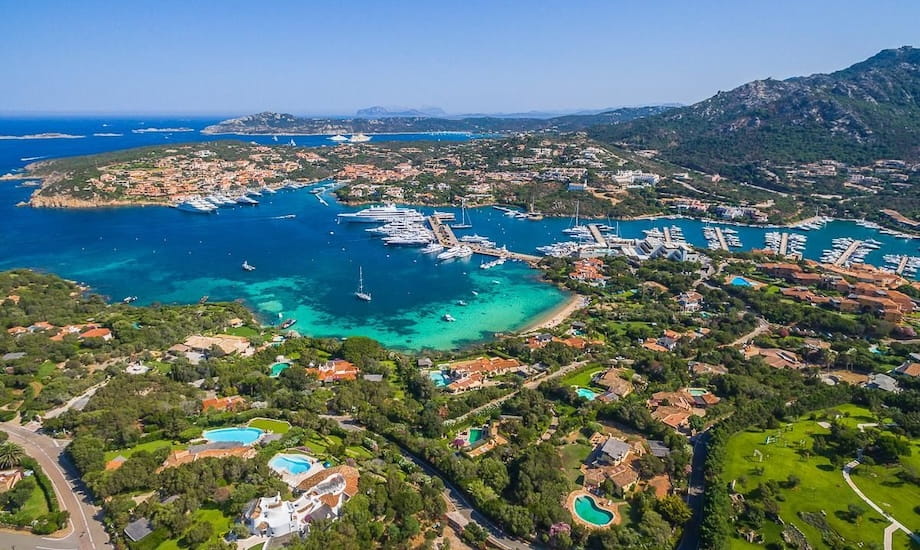

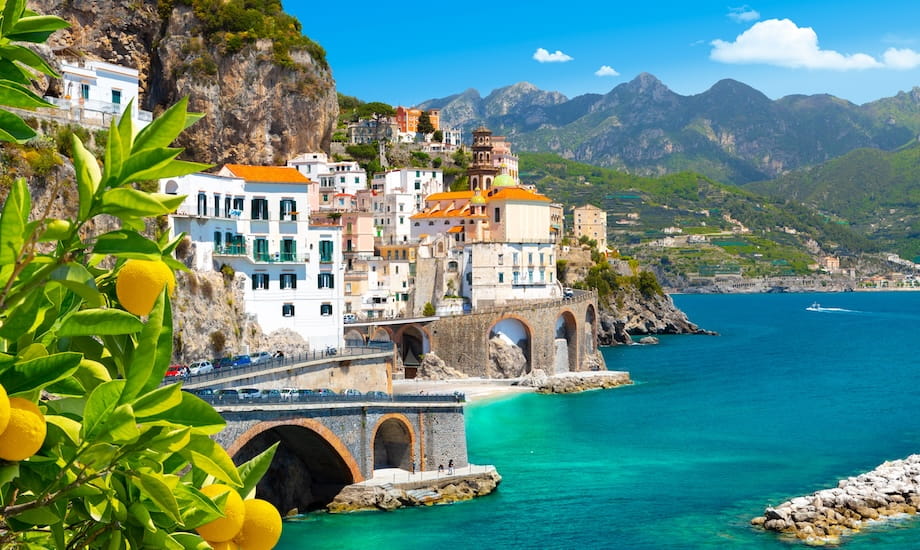
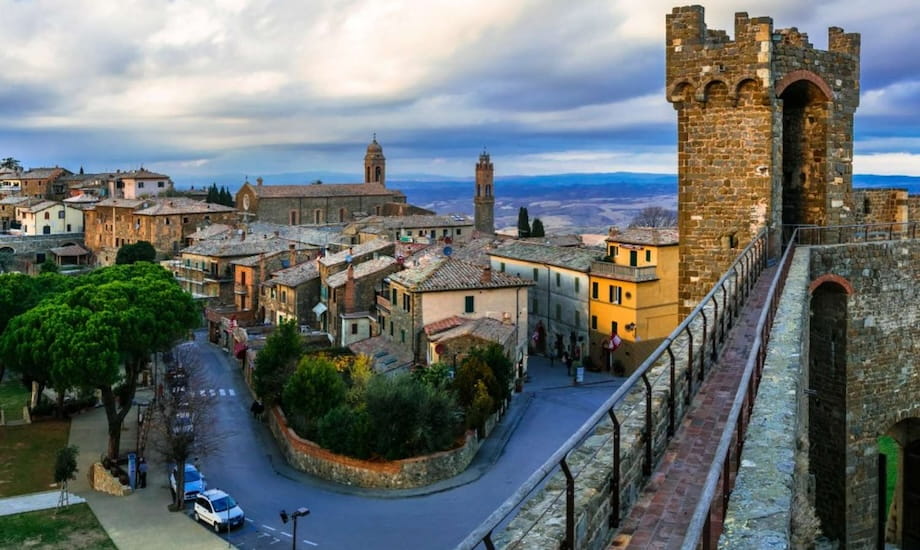
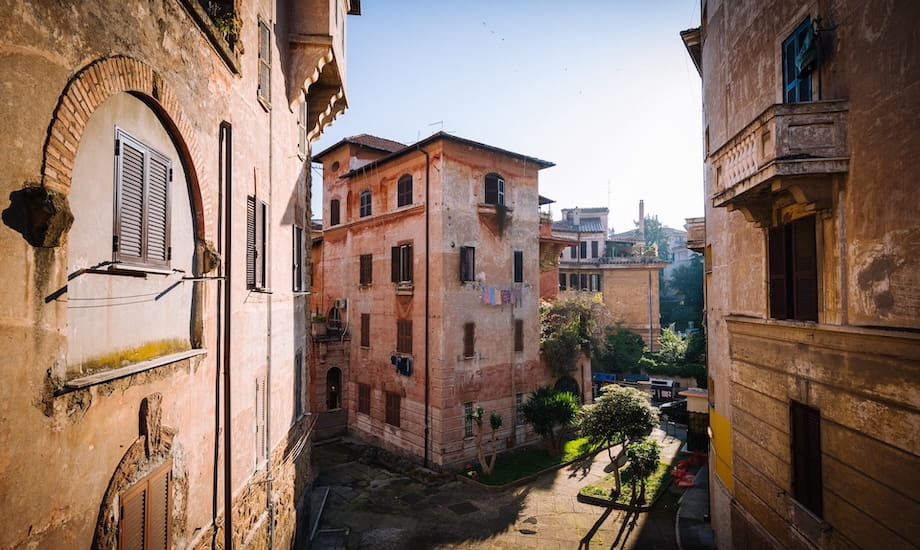


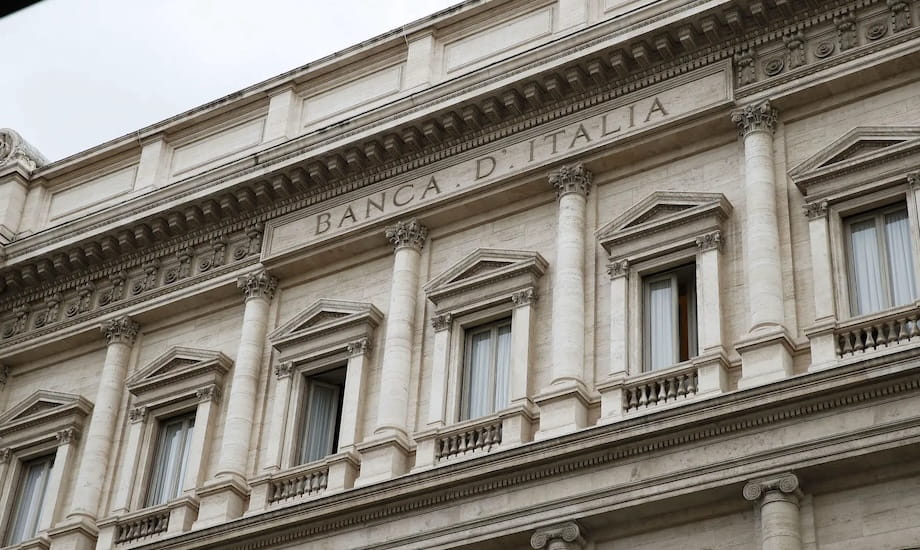


 ©Xerendipity Corporation Ltd.
©Xerendipity Corporation Ltd. ©Xerendipity Corporation Ltd.
©Xerendipity Corporation Ltd.